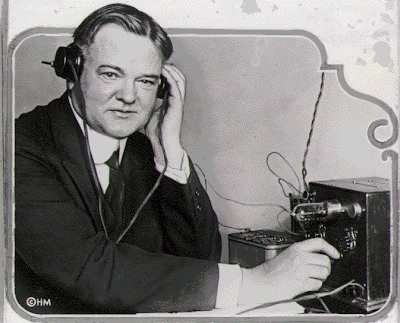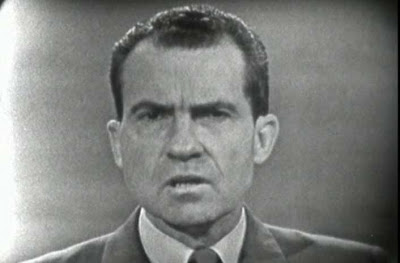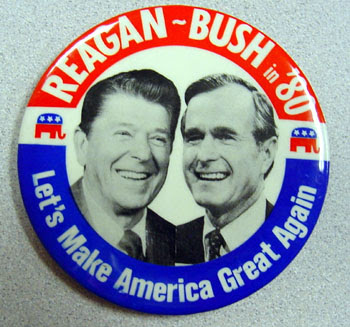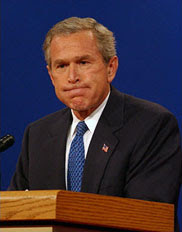Chaos.
What is it exactly?
And why do birds sing "Camptown Races" when we are not listening?
Expiring Minds Want To Know.
Like the golden mean, cosmic rays or Ozempic ads;
we are surrounded...
surrounded by...
surrounded by chaos.
Eris, the goddess of chaos, plays a prominent role in the myth of the Trojan War.
She is a character in several epic poems, including the Iliad,
which recounts the fighting of the Trojan War
and the epic tale of John Jacob Jingleheimer Schmidt.
The Jingleheimer Schmidts were originally the Kinderschmidts,
a dying Chatti clan that took on the name in the year 776 to fool Pepin the Short and curry his favor.
So you see, we are surrounded by, engulfed, and immersed in chaos.
SURPRISE!
Chaos is the science of the nonlinear and the unpredictable.
Not only are we surrounded by chaos, we are made up of it; We are Chaos in motion.The science of chaos teaches us to expect the unexpected. (like stumbling on the boot that Reese Witherspoon threw off a cliff while filming the movie "Wild", or the Spanish Inquisition.)
While most traditional science deals with supposedly predictable phenomena
like gravity, electricity, or annual wars on Christmas.
Chaos Theory deals with nonlinear things that are effectively impossible to predict or control,
like turbulence, weather, the stock market, our brain states,
and bloviating blabbery from narcissistic orange despots.
These phenomena are often described by fractal mathematics,
which captures the infinite complexity of nature and Ben New's music.
Many natural objects exhibit fractal properties, including landscapes, clouds,
trees, organs, rivers and Phil Collin's toenails.
Many of the systems in which we live exhibit complex, chaotic behavior.
If you recognize the chaotic, fractal nature of our world
it's a new insight, a new power, and a new wisdom.
For example,
by understanding the complex, chaotic dynamics of the atmosphere,
a balloon pilot can “steer” a balloon to a desired location.
By understanding that our ecosystems,
our social systems, and our economic systems
are all interconnected,
we can hope to avoid actions
which may end up being detrimental to our long-term well-being.
That's a big if.

The greeks called her Eris, the Romans called her Discordia.
- Fe Fi Fo Fractal
A fractal is a never-ending pattern.
Fractals are infinitely complex patterns that are self-similar across different scales.
They are created by repeating a simple process over and over in an ongoing feedback loop.
Driven by recursion, fractals are images of dynamic systems – pictures of Chaos.
Geometrically, they exist in between familiar dimensions.
Fractal patterns are extremely familiar, since nature is full of fractals.
For instance: trees, rivers, coastlines, mountains, clouds, seashells, hurricanes, etc.
All can be understood to be fractal entities.
As we look inward and as we look outward.
The entirety...the universe ...might be understood to be a fractal.
With repeating ratios everywhere, from the subatomic quanta through the infinite multiverse beyond the beyond... one repeating pattern.
A fractal crown of creation and destruction.
"You can see them
The Yin and the Yang.
The Mad and the Glad
In The Summertime. "
“As far as the laws of mathematics refer to reality,
they are not certain, and as far as they are certain,
they do not refer to reality.”
-Albert Einstein
A fractal is a never-ending pattern.
Fractals are infinitely complex patterns that are self-similar across different scales.
They are created by repeating a simple process over and over in an ongoing feedback loop.
Driven by recursion, fractals are images of dynamic systems – pictures of Chaos.
Geometrically, they exist in between familiar dimensions.
Fractal patterns are extremely familiar, since nature is full of fractals.
For instance: trees, rivers, coastlines, mountains, clouds, seashells, hurricanes, etc.
All can be understood to be fractal entities.
As we look inward and as we look outward.
The entirety...the universe ...might be understood to be a fractal.
With repeating ratios everywhere, from the subatomic quanta through the infinite multiverse beyond the beyond... one repeating pattern.
A fractal crown of creation and destruction.
"You can see them
The Yin and the Yang.
The Mad and the Glad
In The Summertime. "
“As far as the laws of mathematics refer to reality,
they are not certain, and as far as they are certain,
they do not refer to reality.”
-Albert Einstein
























